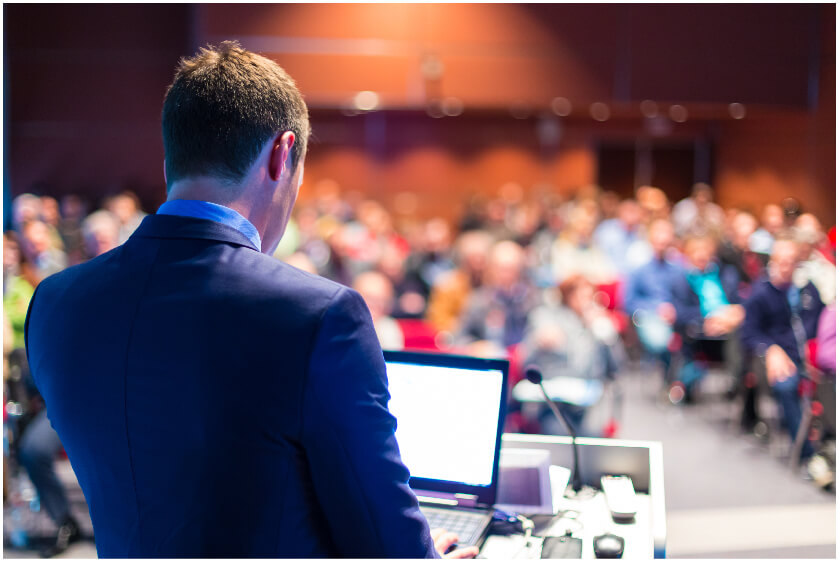Contents:
Vocabulary: Celebrate, Decorate, Dress up, Have a day off, Hold, Invite, Take part in, Take place, Anniversary, Costumes, Gift, Firework
Grammar: Adverbs
————————————–
1. VOCABULARY:
Bé hãy bấm vào tranh để nghe âm thanh của từ nhé!

To mark by giving a party etc in honour/honor of (a happy or important event

To add some kind of ornament etc to (something) to make more beautiful, striking etc

To put on special clothes, eg fancy dress


To cause to take place

To cause to take place

To be one of a group of people doing something, to take an active share in (eg playing a game, performing a play, holding a discussion etc)

To happen

The day of the year on which something once happened and is remembered

An outfit, especially for a particular purpose

Something given willingly, eg as a present

A small exploding device giving off a colourful display of lights
Excersive: Answer the questions:
2. GRAMMAR:
ADVERBS
1. Adverbs of manner
Adverbs of manner are used to tell us the way or how something is done.
An adverb can be added to a verb to modify its meaning.
Eg: She plays piano. – An adverb of manner can be added to the verb (play) to modify its meaning and give us more information on how she plays piano.
- She plays piano beautifully.
- She plays piano softly.
- She plays piano terribly.
- The rain fell…
- When my teacher speaks, we listen …
- Make sure you write …
- She … passed the test.
- The rain fell heavily.
- When my teacher speaks, we listen carefully.
- Make sure you write neatly.
- She easily passed the test.
2. Adverbs and adverbial phrases of frequency
Which word CANNOT go in the space?
We went shopping and ____ we went to a café and had a cup of coffee.
a, afterwards
b, after
c, then
An adverbial phrase is a group of words which always go together. They describe where, when or how often something happens.
Adverbial phrases of frequency describe how often something happens.
- every morning, every afternoon
- every day – daily
- every week – weekly
- every month – monthly
- every year – annually
- every Sunday – on Sundays – on Sunday afternoons
- once a day
- twice a day
- three / four / five times a day
- all the time
Form:
- Adverbs of frequency often go in present simple sentences.
I have toast for breakfast every day.
We visit our grandparents twice a month. - Note that ‘on Saturday’ refers to one day. ‘On Saturdays’ means ‘every Saturday’.
Common mistakes
- Some students write adverbs of frequency in the wrong place.
We every day go the park. => We go to the park every day. - Some students use the plural form with every.
John goes swimming every days. => John goes swimming every day.
3. Adverbial phrases of place and time
Use:
Use adverbs and adverbial phrases of time to talk about when you do something.
Adverbs of time include:
- today, tomorrow, tonight, yesterday, tomorrow, nowadays
- now, first of all, beforehand
- soon, afterwards, later, next, then
Form:
- Adverbs of time usually go at the beginning or the end of a sentence or clause.
Tomorrow, I’m going to the beach.
I’m going to the beach tomorrow.
First of all, we had a drink at a café.
We had a drink at a café first of all. - It is more common to use then at the beginning of a sentence or clause.
Then we arrived at the castle.
I’m going to finish my work and then I’m going to have a drink.
It is more common to use soon and now at the end of a sentence.
We’re going on holiday soon.
I’m going home now.
Common mistakes
- Don’t use an adverb of time between the subject and the object of a sentence.
I went yesterday to the zoo. => I went to the zoo yesterday. / Yesterday I went to the zoo.
I’m going now to the bank. => I’m going to the bank now. - You must use a noun after After and Before. Otherwise, use afterwards or beforehand.
I’ll be late to class tomorrow. I’m going to the doctors before. => I’ll be late to class tomorrow. I’m going to the doctors beforehand.
I’m going to my English class and I’m going to the bar after. => I’m going to my English class and I’m going to the bar afterwards.
Use:
Use adverbs and adverbial phrases of place to talk about where something happens.
Adverbs of place include:
- outside, inside, indoors, upstairs, downstairs
- (over) here, (over) there
- abroad, overseas
Form:
- Adverbs of place usually go after a verb.
She lives abroad.
Let’s go indoors. - Adverbs of place can also go after the object of the sentence.
Rachel works in the office upstairs.
Your bag is on the table over there.

